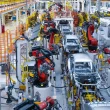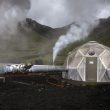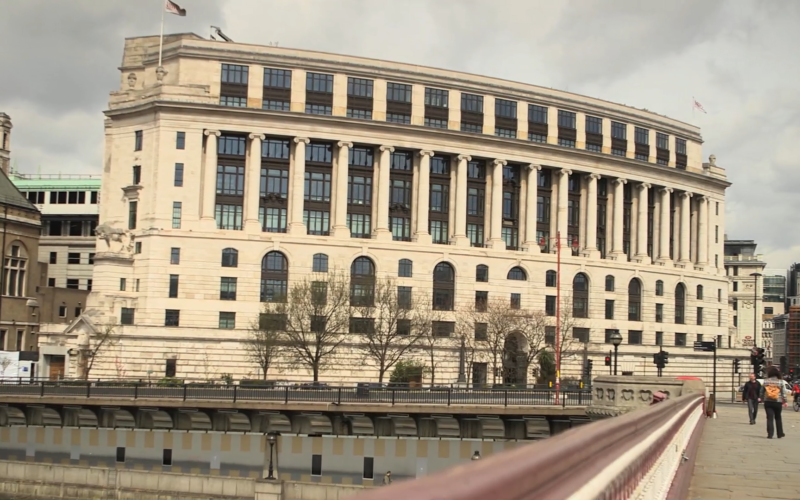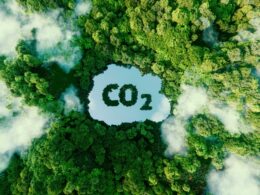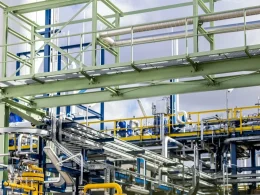Unilever is forging sustainability agreements with its top 10 retail customers, including Walmart, to reduce greenhouse gas emissions and minimise waste throughout its supply chain, the company’s CEO announced.
The consumer goods giant, known for brands like Dove, Knorr, and Ben & Jerry’s, was once seen as a leader in sustainability following the 2015 Paris climate agreement. However, around two years ago, some investors began to question whether Unilever’s focus on climate goals was detracting from profit growth.
In April, CEO Hein Schumacher revised some of the company’s longstanding sustainability targets, receiving both praise from investors and criticism from environmental activists.
Speaking at a conference in London, Schumacher highlighted the company’s growing emphasis on partnerships with retail customers to drive sustainability initiatives. “What’s new and coming in the years ahead is our collaboration on sustainability agreements with retail customers,” Schumacher said. “We have a sustainability collaboration agreement with Walmart, for example, which focuses on reducing greenhouse gas emissions, and we are part of their Scope 3 emissions.”
Scope 3 emissions refer to those indirectly caused by a company across its supply and distribution chain, as defined by the World Resources Institute. Scope 1 and 2 emissions cover a company’s direct operations and energy use.
Walmart, which has previously committed to avoiding a gigaton of greenhouse gas emissions from its global value chain by 2030, has reported reductions or avoidance of 574 million metric tons of emissions since launching its initiative in 2017, according to its website.
Schumacher also mentioned Unilever’s partnership with health and beauty retailer A.S. Watson to develop sustainable products like body wash and toothpaste. Additionally, Unilever is employing climate modeling to reduce emissions in its supply chain and enhance resilience to climate-related challenges like drought.
“We’ve completely changed our mustard seed supply chain due to drought. We’re also adapting our tomato supply chain, making it more resilient to climate impacts,” Schumacher said.












